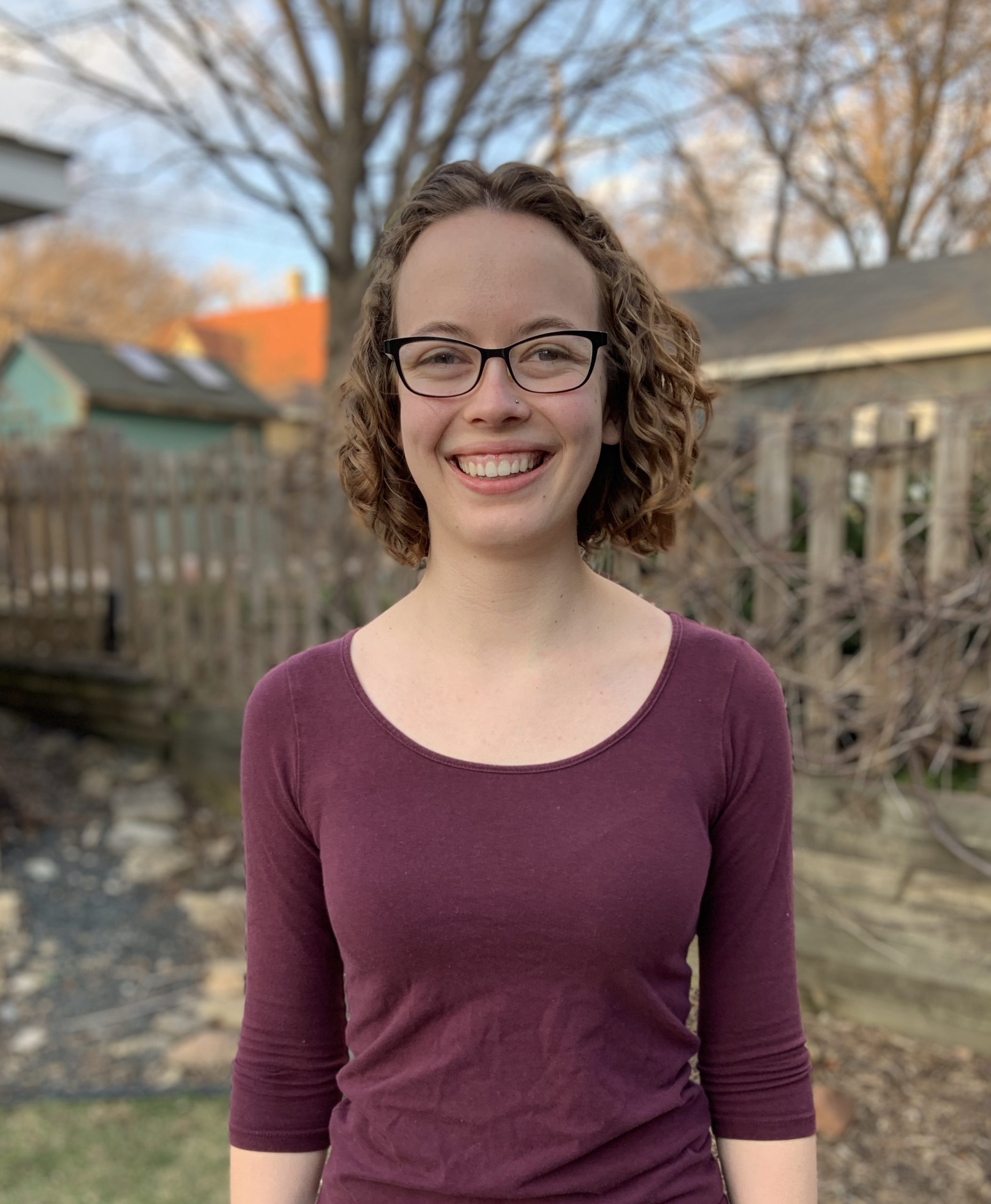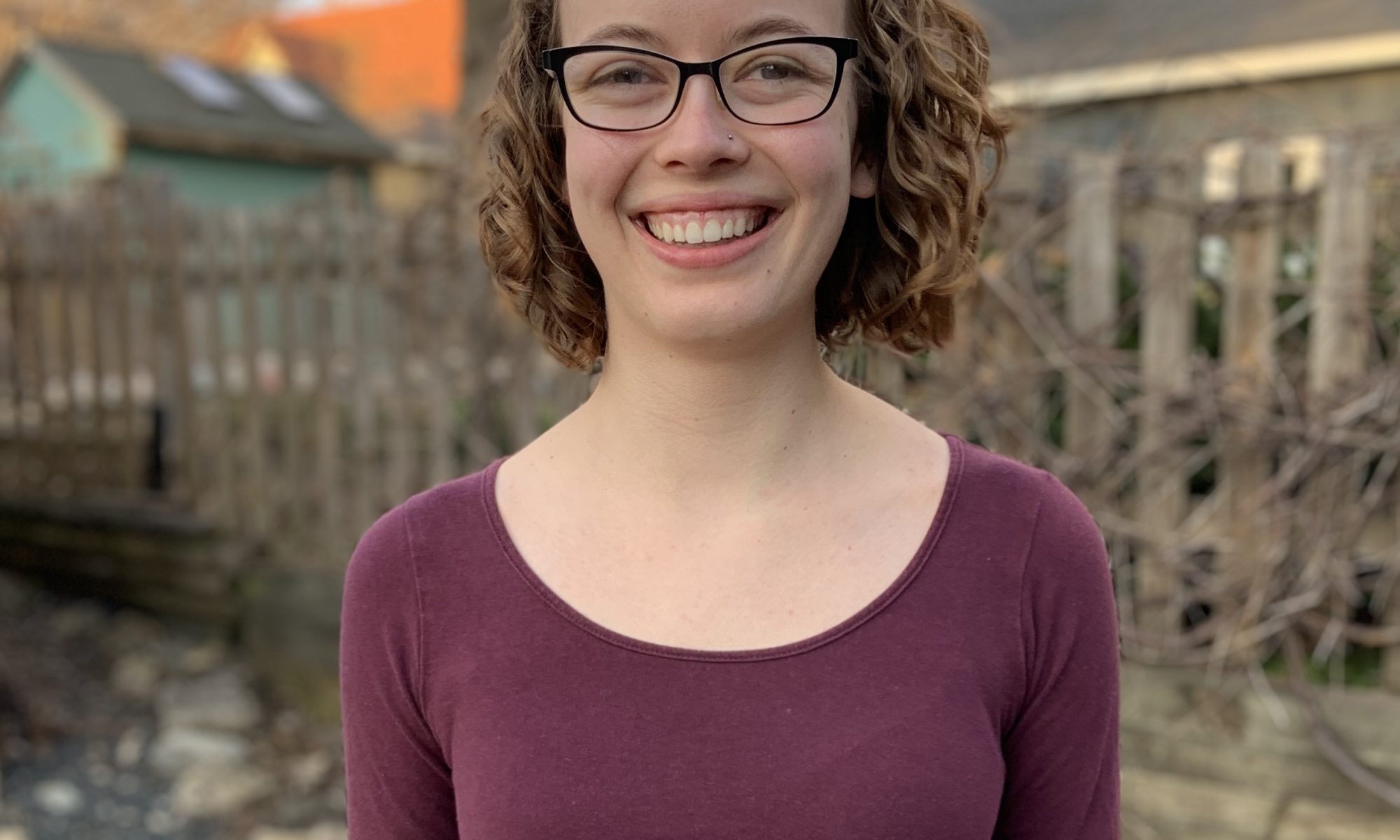
St. Thomas senior Maria Neuzil received the National Science Foundation Graduate Research Fellowship Award this April.
The award is given to around 2,000 students pursuing research-based master’s and doctorate degrees in the natural, social and engineering sciences at U.S. institutions. Neuzil received the award for her field of study in Physics and Astronomy-Theoretical Physics.
“What makes this fellowship different than some others is that they fund the person, not the project,” Neuzil said. “You don’t have to pursue the research you proposed in your application — that was more to demonstrate that you can think like a scientist and present your ideas in a convincing way.”
The National Science Foundation Graduate Research Fellowship Program gave out its first awards in 1952 with the goal of encouraging scientific research in a competitive way for graduate students. Over 46,500 awards have been funded since its start.
Neuzil first got her start at St. Thomas as an engineering major.
“(Engineering) seemed like a pretty solid choice for someone who generally likes math and science,” Neuzil said. “I eventually realized that I’m more interested in fundamental principles and abstract mathematical ideas than in immediate real-world applications, which led me to physics and math.”
Neuzil also spent some time at the University of Chicago, where she first learned of the award and immediately planned on applying for it.
Neuzil’s time at St. Thomas brought her to research advisors Adam Green, Rebecca Glover and William Ojala, who have supported Neuzil on her journey.
Ojala oversaw Neuzil while she worked in his chemistry research laboratory on projects dealing with organic chemistry and X-ray crystallography.
“Maria possesses a high degree of self-discipline and seriousness. At the same time, Maria possesses a subtle but very pleasant sense of humor,” Ojala said. “She is an excellent team player. She will be an outstanding graduate research scientist.”
There is an increase of women in STEM fields but women are still underrepresented in these fields.
“I would definitely like to see more women in theoretical physics,” Neuzil said. “It tends to have a lower fraction of female participation than physics in general, which in turn has a lower fraction than most of the other sciences.”
According to the Smithsonian Science Education Center 57.2% of all professional workers in 2015 are women in STEM and of that percentage and 46.6% are science professionals.
Neuzil will attend the University of Minnesota next year to pursue her Ph.D.
Andrés Tejeda can be reached at teje4962@stthomas.edu.



